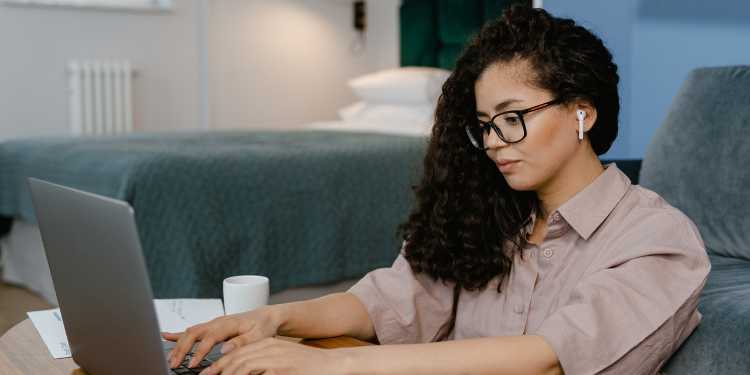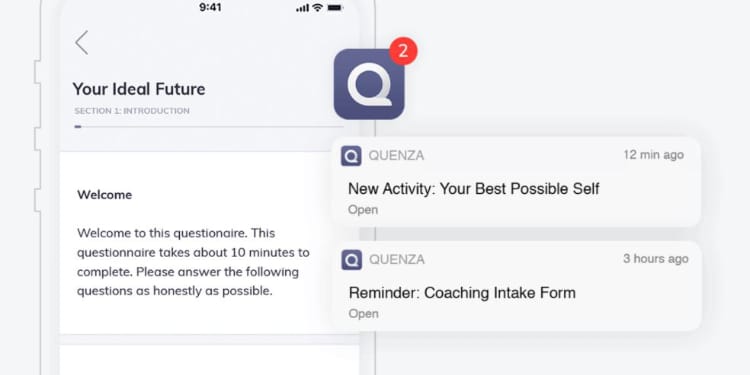










People seek marriage counseling for a variety of reasons: infidelity, communication problems, and lack of intimacy, to name a few. Those who opt for online marriage counseling typically do so with the same motivations as those who prefer the in-person alternatives but prefer the added convenience and cost savings associated with online sessions.

Whatever the reason, what is clear is that most of these people want to strengthen their marriages and prevent problems from escalating. Unfortunately, many couples approach counseling as a last-ditch effort to save their marriage. It begs the question: does marriage counseling, and more specifically its modern-day digital version, prevent divorce?
First, we need to discuss why one might seek online marriage counseling versus in-person therapy. One of the most difficult parts of face-to-face marriage therapy is getting three people with different schedules in a room at the same time. That frequently causes interrupted and inconsistent treatment schedules.
Online counseling for couples, on the other hand, offers unmatched flexibility. It allows the consistent scheduling of sessions, something that is integral to treatment success. In addition, on some platforms, the therapists are available for daily consultations as problems arise. Further, having sessions from the comfort of one’s home often creates a more inviting environment to talk about difficult issues. Couples can also continue to talk about the session after it ends since they don’t have to zip off in their cars to go somewhere else.
Before we look at the advantages of online marriage counseling, let’s explore several factors that get in the way of effective marital therapy:
Surprisingly, there is little research on the direct effect of marriage counseling on divorce rates but what exists is encouraging. What is plentiful, however, is research that supports how counseling can help improve factors that are important to a healthy marriage. Generally, marriage counseling has been found to increase marital satisfaction in 70% of couples.[2] And let’s face it, people who are satisfied in their marriage do not get a divorce.
Emotional-focused couples therapy, a popular form of couples counseling, has been shown to increase many types of intimacy between partners.[3] Moreover, many people begin marriage counseling due to a crisis and experience high levels of distress. Marriage counseling has been shown to significantly help decrease stress levels for couples. Finally, unless the positive effects of marriage counseling last, what good is it? Even after two years, a study concluded that the beneficial results of marital therapy remained.[4]
While these studies focus on the concept of couples counseling as a whole, without explicitly exploring online couples counseling, they certainly do provide optimism regarding its possible efficacy. To date, no major studies exist that directly focus on online counseling for married couples, one study does conclude that couples participating in online therapy experience a greater sense of control and comfort and find the sessions to be beneficial and positive.[5]
If you look at the reasons why marriage counseling may not work, it usually has little to do with the counseling itself. Yes, sometimes a therapist may be unqualified to provide marital therapy, but most of the factors are related to long-standing issues that reside within the relationship. Those problems notwithstanding, it is clear that online marriage counseling, much like in-person counseling, can help with many marital issues and reverse problems that lead to divorce.
References